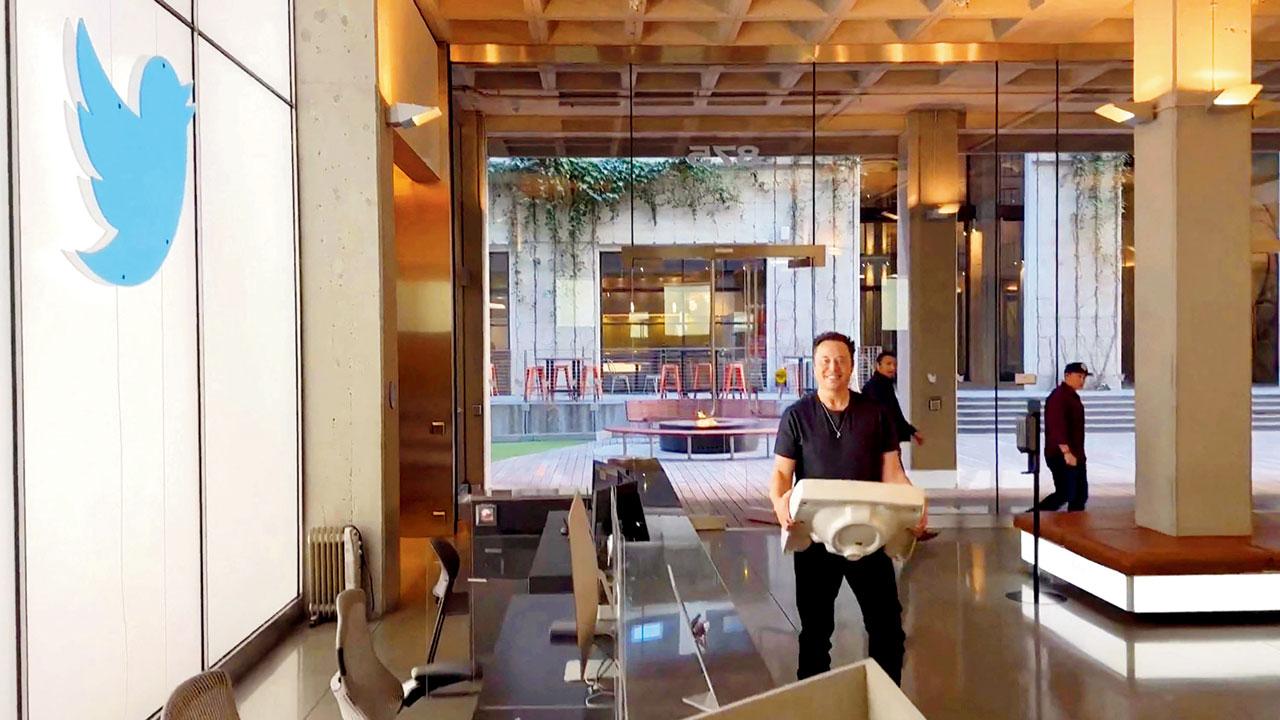With Merriam-Webster announcing that gaslighting was the word of 2022 after a 1,740 per cent increase in online searches, three experts decode ways to spot and tackle such behaviour in different social settings

Gaslighting at work might involve a boss who insinuates that you exaggerate, or questions your recollection of events, making you second-guess yourself and your reality
Being 2022’s word of the year does not make gaslighting a new phenomenon. Increased online searches for information around this severe form of emotional abuse are a result of more people breaking their silence about it, prompting experts to detail definitions and ways to address and heal from it. While most often spoken about in the context of romantic relationships, gaslighting can exist in all social settings including among friends, family, at work, from entities and organisations. Three psychologists outline red flags to look out for across situations and what to do in such cases.
ADVERTISEMENT
What is gaslighting?
Going beyond the textbook definition to understand and identify the subtlety of a gaslighter’s actions and words, Utkarsha Jagga, a counselling psychologist, shares that this form of emotional abuse is guided by an imbalance of power between the people involved, that is misused by one party to invalidate, dismiss, and discount someone else’s story and feelings. Psychologist Tavishi Sanghi shares instances such as a boss who calls you hypersensitive for reporting a co-worker who made inappropriate remarks, or a friend who constantly invalidates your emotions, insinuates that you exaggerate, or questions your recollection of events, making you doubt or second-guess yourself and your reality.

Elon Musk at the Twitter HQ. He has been called out for being a toxic boss who uses ‘ladder of success’ as an excuse to justify long working hours and other demands. PIC COURTESY/GETTY IMAGES
Highlighting the nature of gaslighting, Sanghi continues, “This kind of gradual brainwashing makes gaslighting tricky to recognise. Part of gaslighting is training survivors to never question the gaslighter.” Jagga adds that such behaviour is also hard to notice when disguised as a joke. For instance, a parent or a friend dismissing your hurt as an overreaction to something painful that might have been passed off as a joke. She notes, “This can lead to self-doubt, invalidation, discounting of one’s own emotions, and constantly feeling misunderstood.”
The two psychologists detail the extent of the impact wherein survivors might face trouble in developing secure attachments, trusting themselves in relationships, and might constantly depend on copious amounts of external validation. The long-term impact can include anxiety, depression, trauma and low self-esteem.
Conscious conversations
We wonder, if while defending one’s perspectives, one can unconsciously gaslight someone. Jagga notes that it’s possible, especially when the people involved hold different contexts in mind or contrasting core beliefs. For instance, showing up unannounced at someone’s house might be a grand surprise for one but a direct violation of a boundary for another person. In forcing either of the narratives as rightful, one could end up gaslighting the other. “It is imperative to have conversations so that people put across their own understanding of the situation, without invalidating someone’s narratives or pushing for theirs to be superior,” she points out.
Case studies: It happened to them
Workplace trauma

Recalling her experience at a former workspace, Gunjan D shares that the reality of the situation with a senior dawned on her only after she quit and had the opportunity to interact with other professionals. The difference between the two experiences was stark; the latter were honest and communicated clearly. Her senior gaslighted her by intentionally hurting her through their words, using conditional behaviour to control her, contrasting behaviour to ensure conf-usion, and intimidation. She shares, “There was a need to constantly prove my worth and please this person. Since they were my senior, I believed everything they did and said. You don’t realise that you’re in this situation unless you face it because it isn’t just one sentence or action that you can point out and call gaslighting. It’s many things that can slip through the radar. I’m glad I had the support of peers and moved on.”

Seek help from a mental health professional to address the situation
Medical gaslighting
It is not uncommon for those with uteruses seeking medical aid to hear that they must bear with the menstrual pain they experience because it is normal. Before Anuhya Korrapati (below), founder, BeyondBlood, received her diagnosis of Premenstrual Dysphoric Disorder, a severe form of premenstrual disorder, it was an endless journey of doctor visits filled with stress and dead ends. The increasing severity of symptoms led to repeated clinic visits. “By the second or third visit, one doctor was frustrated and told me I was looking for attention and that it was all in my head. The painful part is that I wasn’t looking to harm anyone, I was looking for a solution for myself while he went out of his way to tell other physicians the same thing he told me. Him gaslighting me led to me gaslighting myself,” Korrapati shares. She adds that symp-toms being overlooked due to lack of knowledge is one thing, but reprehends the need to dismiss or accuse a patient. She highlights the importance of being vindicated and knowing that one’s complaints are valid.
Red flags to help identify gaslighting behaviour

The long-term impact can include anxiety, depression, trauma, and low self-esteem
>> It often co-exists with lying and blaming.
>> The person constantly makes you feel like you are overreacting or acting incorrectly.
>> They may isolate you from other relationships.
>> They make you question your experiences, leave you confused and doubting yourself. You find yourself constantly apologising to the gaslighter.
>> Repeated passive-aggressive behaviour.
>> Cyclic patterns of insults or verbal abuse.
>> Identify red flags by checking in with yourself and assessing your own needs.
>> Ask yourself if you feel safe in this social relationship.
Start the healing process

Ami Patel and Utkarsha Jagga
>> If you realise that you are being gaslighted, understand and voice your boundaries.
>> Engage in upfront communication with the person involved, and seek professional or external help, if required.
>> You can also start by identifying the gaslighting tactics used.
>> Don’t isolate from other trusted relationships for social support.
>> Seek help from a mental health professional to understand how to address and heal from the situation.
Inputs from Utkarsha Jagga, Tavishi Sanghi and Ami Patel, a psychotherapist
 Subscribe today by clicking the link and stay updated with the latest news!" Click here!
Subscribe today by clicking the link and stay updated with the latest news!" Click here!







